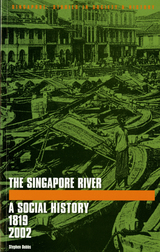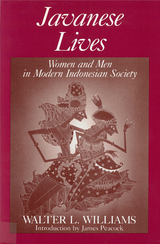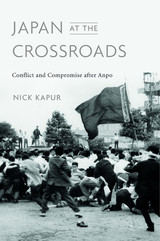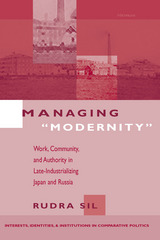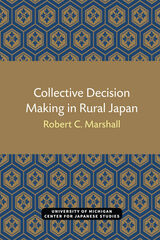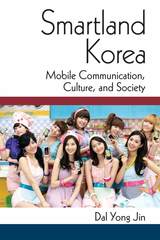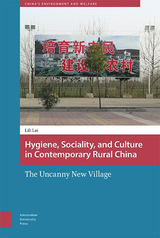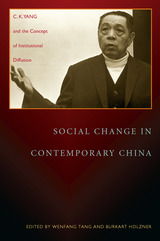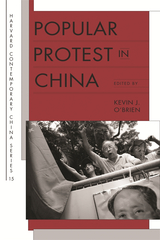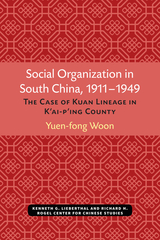Japan’s Protoindustrial Elite: The Economic Foundations of the Gōnō
Harvard University Press, 1999
Cloth: 978-0-674-47290-7
Library of Congress Classification HN730.Z9E447 1999
Dewey Decimal Classification 305.52095209034
Cloth: 978-0-674-47290-7
Library of Congress Classification HN730.Z9E447 1999
Dewey Decimal Classification 305.52095209034
ABOUT THIS BOOK
ABOUT THIS BOOK
Students of the late Tokugawa and Meiji periods have long recognized the critical role of rural elites (the gōnō) in Japan’s economic transformation, but the largely impressionistic and episodic scholarship on this pivotal class has created an image of rural elites as successful trailblazers of industrial society. Through a close examination of economic trends and case studies of particular families, this study demonstrates that Japan’s protoindustrial economy was far more volatile than portrayed in most studies to date. Few rural elites survived the competitive and unstable climate of this era. Onerous exactions, interregional competition, market volatility, and succession problems propelled many wealthy families into steep decline and others into drastic shifts in the focus of their businesses.
See other books on: 1868- | Elite (Social sciences) | Landowners | Merchants | Rural industries
See other titles from Harvard University Press


